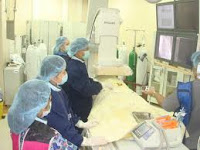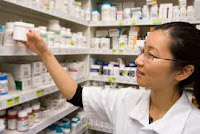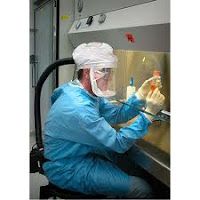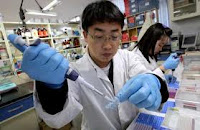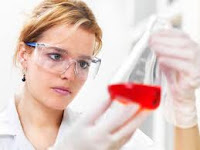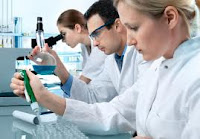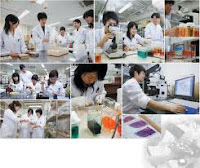Childhood obesity is a serious issue as obese children are at a much higher risk of developing many chronic diseases including diabetes, heart disease, hypertension (high blood pressure), stroke and even certain types of cancer later in their life.
Sedentary lifestyle and unhealthy diet have been crowned as the main culprits responsible for childhood obesity. However, researchers from Temple University had recently found a new cause.
In a paper published in the ‘Journal of Pediatrics’, they reported that toddlers who still drank from bottles at age of 2 were 33 percent more likely than other children to be obese at the age of 5.
Of the 6,750 children studied, 1 in 5 was still using a bottle at the age of 24 months, either at night or all the time. For those who were long-term bottle users, roughly 1 in 5 was obese at the age of 5, comparing to about 1 in 6 that has been weaned earlier.
After looking into other factors that could affect a child's risk of obesity, including mother's weight, family income and education, and if the child had ever been breastfed, the researchers found that prolonged bottle-feeding by itself could induce a 33 percent increase in children's risk of obesity.
According to researchers, the bottle might be providing a source of comfort, rather than meeting nutritional needs. Nevertheless, the extra calories could be substantial. For instance, for an average 2-ear-old girl, an 8-ounce bottle of whole milk fed at bedtime would provide 12 percent of her calorie needs for the day.
Though the findings could not conclude long-term bottle-feeding is directly responsible for the increased risk of obesity, they did suggest that weaning babies around 12 month old could help prevent weight gain.
In fact, pediatricians already advise parents to wean their children when they are about 12 to 14 months old, or even earlier. This is mainly because extended bottle-feeding, especially overnight, is believed to boost the risk of cavities and might contribute to iron deficiency.

